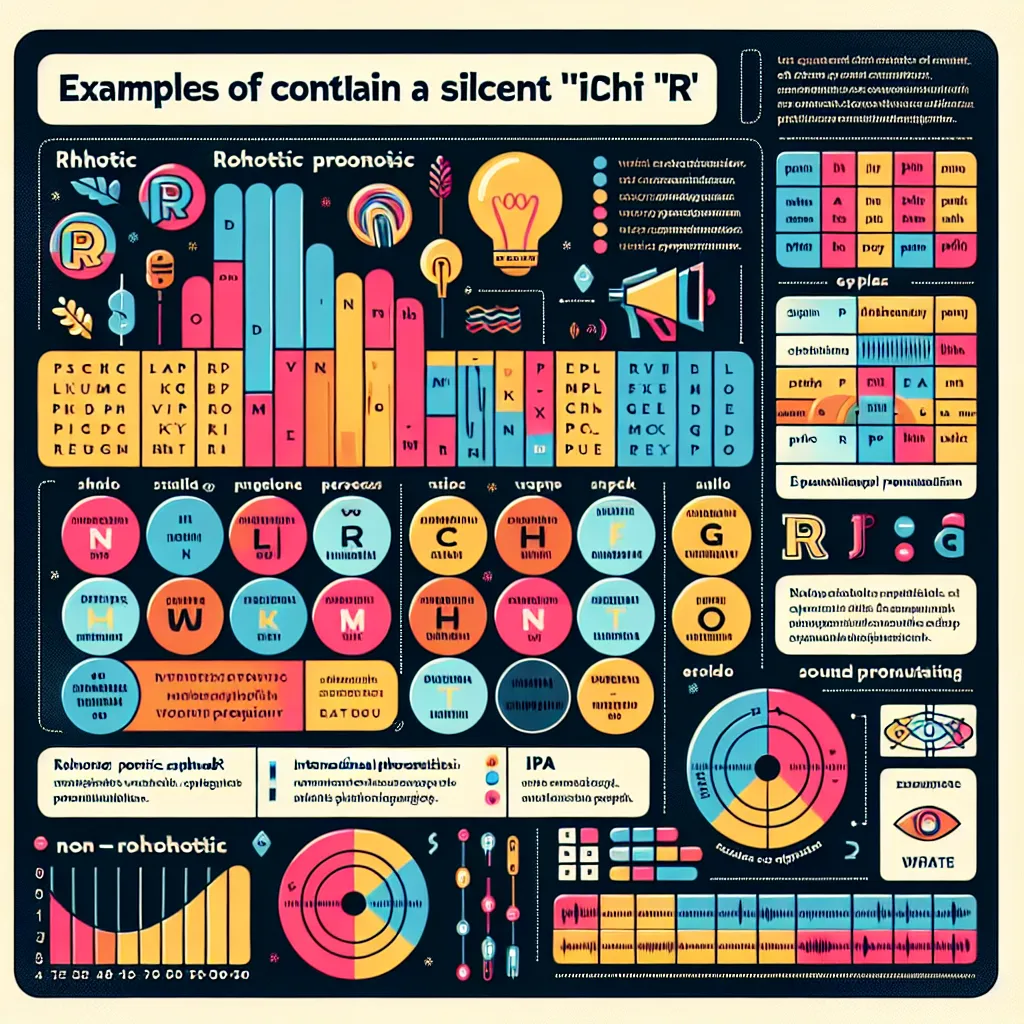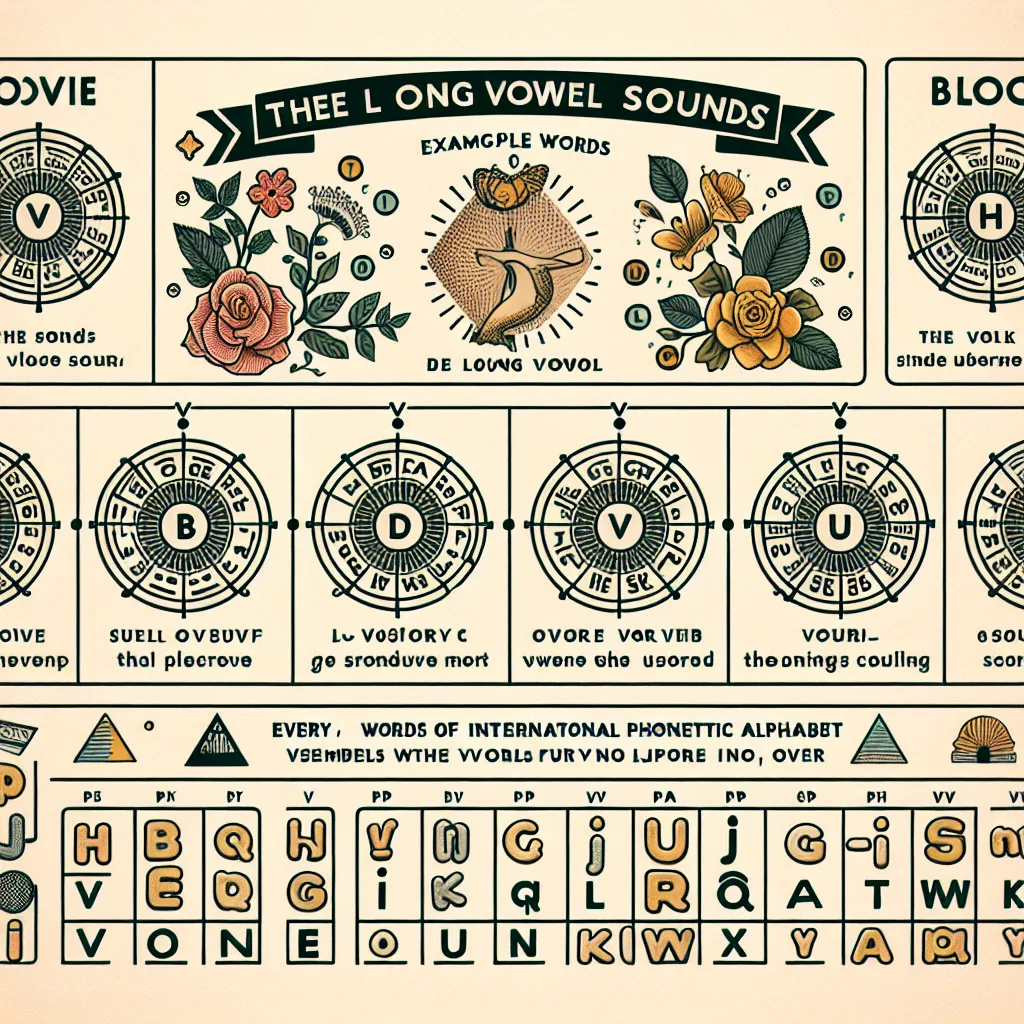Are you struggling to improve your English pronunciation? Look no further! English TV shows can be an excellent tool for mastering pronunciation. In this comprehensive guide, we’ll explore effective strategies to enhance your pronunciation skills using popular English-language television programs.
Why Use TV Shows for Pronunciation Practice?
Television shows offer a wealth of benefits for language learners:
- Authentic language: TV shows provide exposure to natural, conversational English as it’s spoken by native speakers.
- Context-rich environment: Visual cues and storylines help you understand the meaning behind words and phrases.
- Variety of accents: Different shows feature various English accents, helping you become familiar with diverse pronunciations.
- Entertainment factor: Learning becomes enjoyable, increasing motivation and retention.
 English TV Shows for Pronunciation
English TV Shows for Pronunciation
How to Effectively Use TV Shows for Pronunciation Practice
1. Choose the Right Shows
Select shows that align with your interests and language level. Here are some recommendations:
- Beginners: Children’s shows like “Sesame Street” or “Peppa Pig”
- Intermediate: Sitcoms like “Friends” or “Modern Family”
- Advanced: Drama series like “The Crown” or “Sherlock”
2. Use Subtitles Strategically
Start with English subtitles to reinforce the connection between written and spoken words. Gradually transition to watching without subtitles as your skills improve.
3. Focus on Specific Sounds
Pay attention to challenging sounds in English, such as:
- Th (/θ/ and /ð/) sounds: “think” vs. “this”
- R sound: “red,” “car,” “more”
- Vowel sounds: “ship” vs. “sheep,” “cup” vs. “cap”
4. Practice Shadowing
Shadowing involves repeating dialogue immediately after you hear it. Follow these steps:
- Choose a short scene (30 seconds to 1 minute).
- Listen to the dialogue without speaking.
- Play the scene again, this time repeating each line immediately after the actor.
- Focus on matching the intonation, stress, and rhythm.
5. Record and Compare
Record yourself repeating lines from the show, then compare your pronunciation to the original. This technique helps identify areas for improvement.
 Recording Pronunciation
Recording Pronunciation
6. Use Pause and Replay
Take advantage of streaming services’ pause and replay features. Repeat challenging words or phrases multiple times until you feel confident with your pronunciation.
7. Study Connected Speech
Pay attention to how words blend together in natural speech. Notice features like:
- Linking: “turn it on” sounds like “tur-ni-ton”
- Elision: “last night” becomes “las’ night”
- Assimilation: “good boy” sounds more like “goo boy”
8. Focus on Stress and Intonation
English is a stress-timed language, meaning certain syllables and words are emphasized. Observe how actors use stress and intonation to convey meaning and emotion.
9. Create a Vocabulary Journal
Keep a notebook of new words and phrases you encounter, including their pronunciation. Use the International Phonetic Alphabet (IPA) or your own phonetic spelling system.
10. Join Online Communities
Participate in forums or social media groups dedicated to English learning. Share your experiences and get feedback from others using TV shows for pronunciation practice.
Common Pronunciation Mistakes to Watch For
Be aware of these common errors often made by non-native English speakers:
- Mispronouncing “th” sounds
- Difficulty with “r” and “l” sounds
- Incorrect word stress
- Overpronouncing every word (not using connected speech)
- Using the wrong vowel sounds
Phonemic Chart and Commonly Mispronounced Words
Here’s a simplified version of the English Phonemic Chart:
- Consonants: /p/, /b/, /t/, /d/, /k/, /g/, /f/, /v/, /θ/, /ð/, /s/, /z/, /ʃ/, /ʒ/, /tʃ/, /dʒ/, /m/, /n/, /ŋ/, /h/, /l/, /r/, /w/, /j/
- Vowels: /iː/, /ɪ/, /e/, /æ/, /ʌ/, /ɑː/, /ɒ/, /ɔː/, /ʊ/, /uː/, /ɜː/, /ə/
- Diphthongs: /eɪ/, /aɪ/, /ɔɪ/, /əʊ/, /aʊ/, /ɪə/, /eə/, /ʊə/
Ten commonly mispronounced words related to TV shows:
- Genre (/ˈʒɑːnrə/)
- Episode (/ˈepɪsəʊd/)
- Character (/ˈkærəktə/)
- Dialogue (/ˈdaɪəlɒɡ/)
- Series (/ˈsɪəriːz/)
- Finale (/fɪˈnɑːli/)
- Premiere (/ˈpremiər/)
- Actress (/ˈæktrəs/)
- Villain (/ˈvɪlən/)
- Suspense (/səˈspens/)
Conclusion
Using English TV shows to master pronunciation is an enjoyable and effective method. By implementing the strategies outlined in this guide, you can significantly improve your pronunciation skills. Remember, consistent practice is key to success. Start with short, regular practice sessions and gradually increase your exposure to English TV shows.
For more tips on improving your English pronunciation, check out our articles on how to improve pronunciation with immersive experiences and pronunciation tips for non-native speakers of English.
We’d love to hear about your experiences using TV shows for pronunciation practice. Share your favorite shows and techniques in the comments below!




